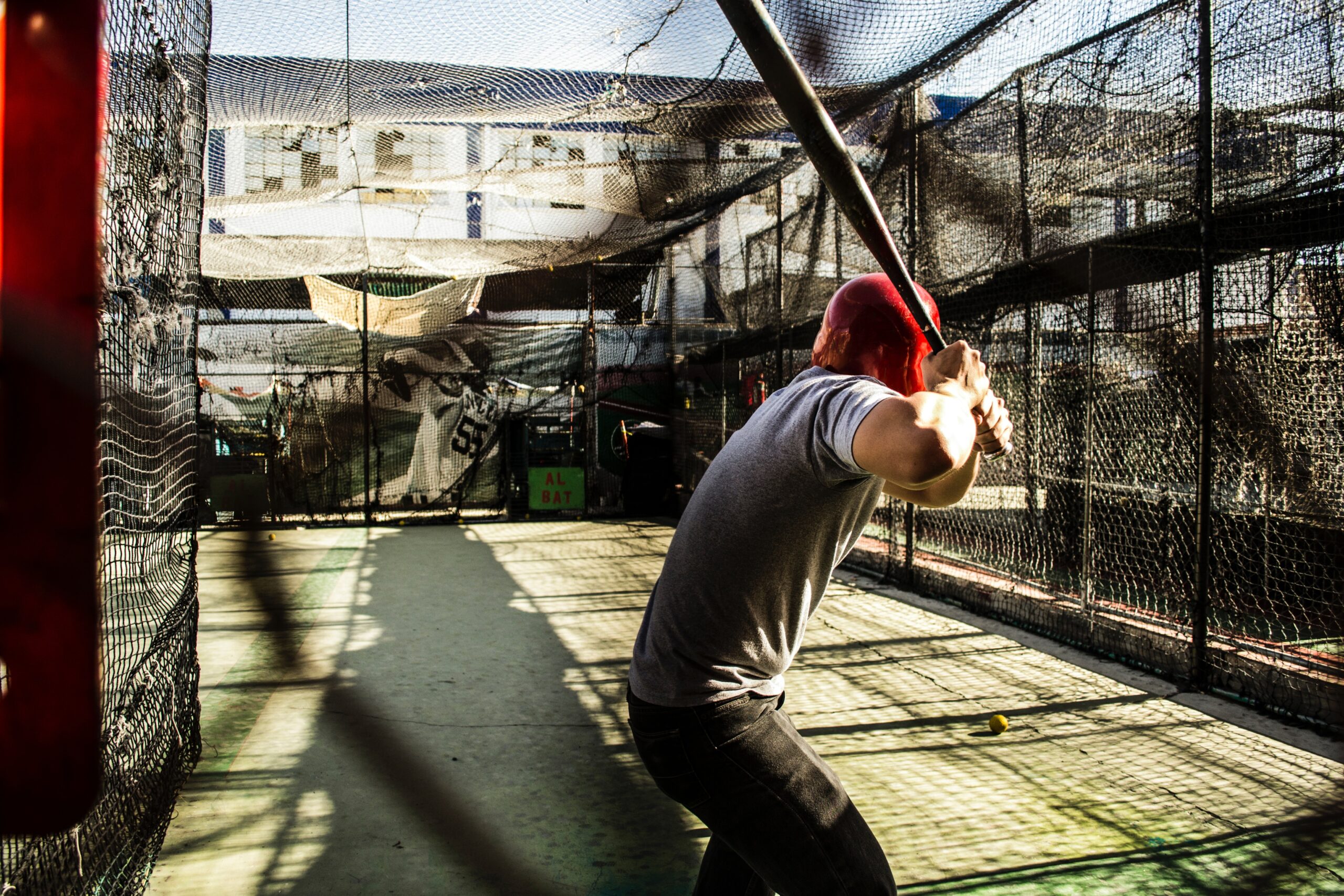When it comes to softball and baseball, many people wonder if they can use a baseball bat for softball games, as both sports appear to have a similar approach to batting. However, there are specific reasons and regulations that might prevent the interchangeability of bats between these two sports.
In most cases, using a baseball bat for softball is not recommended or allowed due to differences in bat size, weight, and design, as well as league rules that enforce the use of softball-specific bats. While it may be technically possible to use a baseball bat, it might not be practical and could lead to disadvantages for the player in the game, especially in fastpitch softball.
Softball bats are designed uniquely for the sport, and using a baseball bat in place of a softball bat may jeopardize the player’s performance or result in violations of league regulations. It is essential for players to understand the differences and requirements when choosing the appropriate bat for their chosen sport.
Contents
Differences between Baseball and Softball Bats
Materials
One significant difference between baseball and softball bats is the materials used to make them. Major Baseball League allows only wooden bats, whereas softball bats are mainly made of metal materials like aluminum or composite materials.
Size and Weight
Baseball bats are generally shorter and heavier than softball bats. Baseball bats typically range from 26 to 34 inches in length and 16 to 28 ounces in weight. In contrast, softball bats vary from 28 to 34 inches in length and 16 to 26 ounces in weight.
Barrel Diameter
The barrel diameter of baseball and softball bats is another important distinction. Baseball bats have a smaller barrel diameter, measuring 2 5/8 inches, while softball bats have a larger barrel diameter of 2 1/4 inches.
Risks of Using a Baseball Bat for Softball
Performance
Using a baseball bat for softball can negatively affect a player’s performance. Since baseball bats are typically shorter and heavier than softball bats, it can be more difficult to hit a softball effectively1. Moreover, the sweet spot on a baseball bat is usually smaller than that of a softball bat, leading to less consistent contact and reduced power2.
Safety Concerns
Using a baseball bat in softball can raise safety concerns for players. Since baseball bats are not specifically designed for use with softballs, they might not perform as expected. This can lead to unpredictable ball trajectories, posing a risk for both the batter and the fielders. Additionally, using the wrong type of bat can potentially void warranties or protections put in place by manufacturers or leagues, leaving players liable for damages or injuries that may occur3.
Equipment Damage
Using a baseball bat for softball can also result in equipment damage. Baseball bats are generally made of heavier wood, so they may not be as well-suited for hitting a softball4. Swinging a baseball bat with force against a softball can potentially damage the bat itself or cause deterioration in the bat’s performance over time5.
Regulations and Restrictions
Hunter Pence got booed by Dodgers fans, hit a HR (almost over the ACTUAL fence), bat flipped, and revealed a @SFGiants shirt under his jersey as he trotted around the bases 🤣
We love the Celebrity Softball Game pic.twitter.com/gAHBWZDBla
— B/R Walk-Off (@BRWalkoff) July 17, 2022
League Rules
Using a baseball bat for softball is generally not allowed in official league play, as it does not meet the specifications required for softball bats. No respectable league would allow the use of a baseball bat in a softball game, as all recognized youth, college, and adult softball leagues follow strict rules regarding the size and types of bats used, and baseball-sized and -shaped bats are never among those allowed for use in softball.
In Little League Softball, for example, the use of pine tar or any other similar adhesive substance is prohibited at all levels, and a bat with illegible specification marks cannot be used and must be removed from the game. Similarly, other leagues may have their specific set of rules regarding the types and sizes of bats that can be used.
Using a baseball bat in a slow-pitch recreational softball game might be acceptable to some extent, as the speed of the pitch is not an issue. However, a heavier baseball bat may not generate the desired performance when compared with a bat specifically designed for softball.
The key differences between baseball and softball bats are the barrel diameter, length-to-weight ratio, and the materials used. Softball bats have a larger barrel diameter, typically 2 1/4 inches, compared to the 2 5/8 inches of most baseball bats.
Considering these differences and regulations, it is best to use a bat specifically designed for softball rather than trying to use a baseball bat, as this ensures optimal performance and adherence to league rules.

